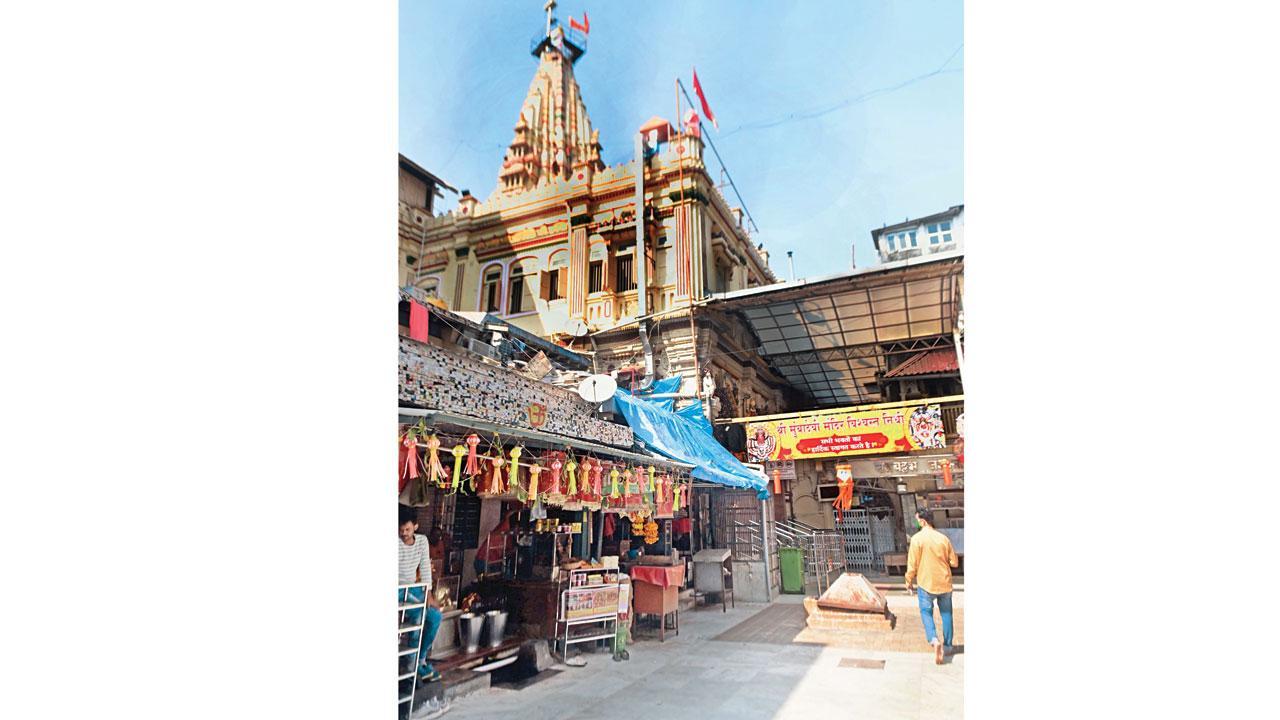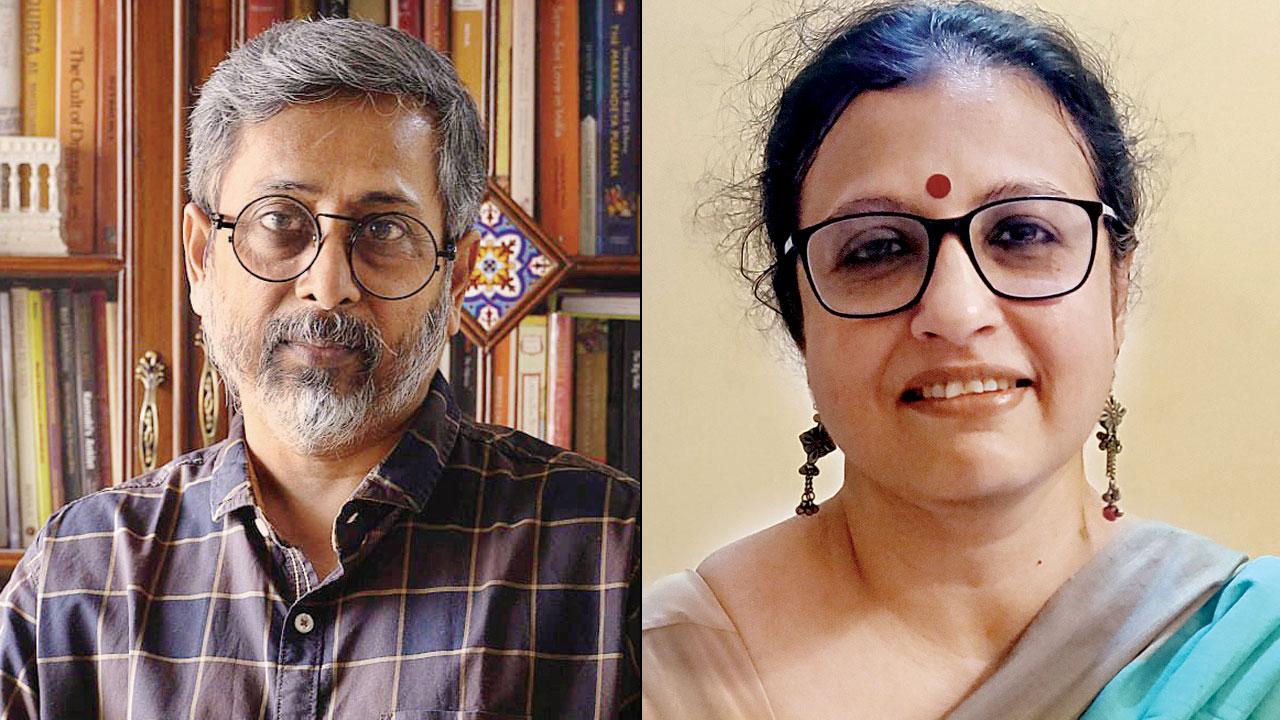A talk by two mythology experts will bring to the fore myths that shape Mumbai’s culture

The Mumbadevi temple. Pic courtesy/Wikimedia Commons
Mumbai thrives on stories. For every age-old legend whispered to lull a child to sleep, a fresh one is written by those burning the midnight oil. But amidst this abundance of stories, have we forgotten the ones that define us and the city we live in along the way? Mythology experts Utkarsh Patel and Arundhuti Dasgupta delve into the myths and folktales that have moulded both the city and its inhabitants in a detailed talk titled Myths and Folktales of the Metropolis.
ADVERTISEMENT
The term myth is synonymous with a simplified pathway to understanding religion, gods, and epics for a majority of us. Patel agrees that they are indeed sacred, but for different reasons. “There are some misconceptions around myths, for instance they must be looked at through the lens of religion and that they are largely fictional. A myth, in fact, is a story of a culture and how it came into being that has been handed down to newer generations with utmost care. And by virtue of that, they become sacred,” he shares.

Utkarsh Patel and Arundhuti Dasgupta
One might wonder what good can come out of revisiting these primeval stories and anecdotes when we have the sciences explaining the world around us. Dasgupta lays out the importance, “When the early man didn’t find answers to a phenomenon, myths were born. Today, sociology, astronomy and anthropology explain these phenomena adequately. But to understand how the early man thought, and the ripple effect that it had on the human kind and its cultures that manifest themselves as beliefs today, we need to revisit these myths.”
For Patel, the aim of the explorations is to learn from the past. “It’s good to know where we started from,” he shares, adding, “We must look at these tales with the context of the times they emerged in. They often teach us what to do and what not to.” Dasgupta chimes in, “Myths, contrary to popular belief, do not dictate how to live our lives. They are a window to the past that show us how we have evolved into the beings we are and to understand ourselves and our identities. To ask the question of ‘why?’ is like asking why one should be aware of their origins.”
As the duo, who founded the Mythology Project in 2013, prepares to present their talk in the city, they share their novel view of the city that is largely considered a hub of modernity. “When you visit Athens, the first thing you learn is that the city was blessed by Athena. Closer to home, Varanasi is known as a holy city with several myths around it. Mumbai, likewise, is a city brimming with myths. The aim is to find as many bits of these myths and piece together the story of the city,” Dasgupta remarks.
While Patel believes that these stories are best unveiled in the company of fellow historians, mythologists and enthusiasts at the talk, he reveals that the upcoming talk will deep-dive into stories of the various Goddesses of Mumbai, including the many iterations of the myth of Mumbadevi, the story of how Haji Ali came to be known as a holy shrine, and an exploration of narratives that shaped the neighbourhood of Banganga. “Mumbai is a melting pot of cultures and so, there is an abundance and intertwining of myths from various cultures. For instance, we will also be introducing myths originating from the Jewish community of Mumbai,” he reveals.
On April 23; 5 pm onwards
At Asiatic Society Mumbai, Shahid Bhagat Singh Road, Fort.
Log on to @asiaticsocietymumbai
 Subscribe today by clicking the link and stay updated with the latest news!" Click here!
Subscribe today by clicking the link and stay updated with the latest news!" Click here!







